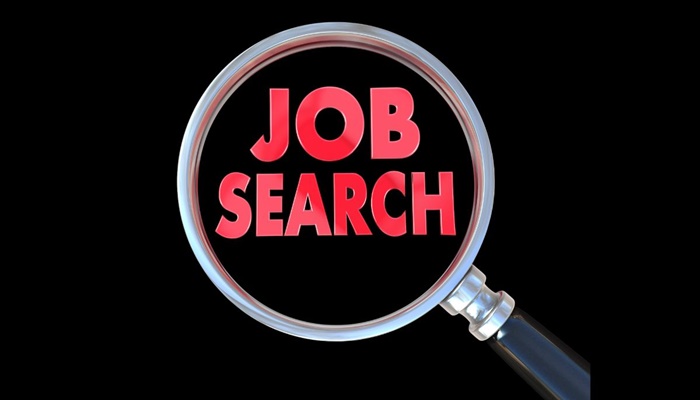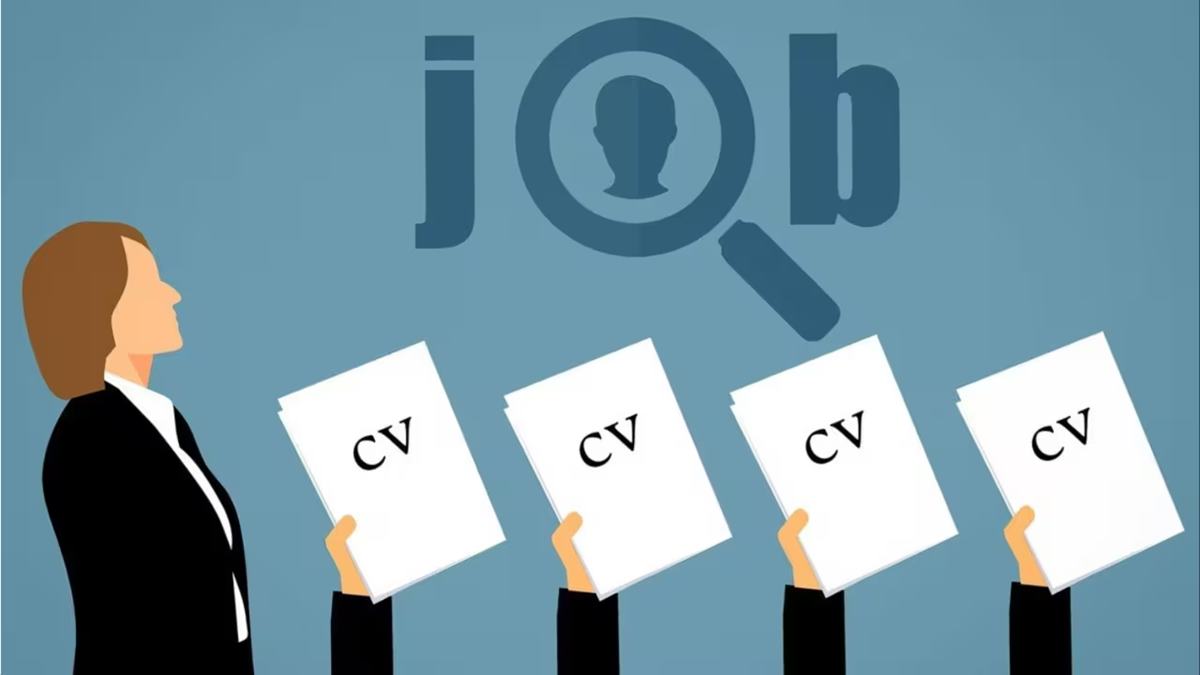In today’s fast-evolving business landscape, hiring the right leaders has never been more challenging. Organizations are no longer just filling roles but searching for individuals who can guide teams, inspire innovation, and drive growth. Yet traditional hiring processes often rely heavily on resumes, interviews, and instinct, tools that can be subjective and inconsistent when evaluating leadership potential.
There is a more innovative and strategic way to do this: using leadership skills assessments.
Let’s explore how integrating these assessments into hiring strategy can completely shift the way organizations identify, evaluate, and nurture leadership talent.
The leadership gap: Why traditional hiring isn’t enough
Leadership roles require strategic vision, emotional intelligence, resilience, and people management. However, these qualities are hard to evaluate through conventional hiring tools. Resumes tell where a person has been, not how they lead. Interviews offer insights, but they’re vulnerable to preconceived notions.
This is where assessments like Mercer | Mettl’s suite of aptitude tests for recruitment come into play. Designed to measure critical leadership competencies, these tools help organizations go beyond surface-level indicators and uncover the true leadership potential of candidates.
What leadership assessments measure
Modern leadership assessments are built on behavioral science and psychology. They evaluate candidates across critical leadership dimensions; decision-making, strategic thinking, change management, communication style, and empathy. Many tools also assess cognitive abilities, stress tolerance, and adaptability, which are especially important in today’s fast-paced, unpredictable work environments.
Mercer | Mettl’s leadership skills tests help organizations evaluate leadership behavior. The tests can be customized to mirror the organization’s leadership framework, ensuring alignment with their culture and business goals.
Making hiring more inclusive and objective
One of the most significant barriers to effective leadership hiring is unconscious bias. It’s easy to favor someone who ‘looks the part’ or shares similar experiences with existing leadership. However, this limits diversity and can perpetuate ineffective leadership patterns.
Leadership assessments offer a standardized approach. Every candidate is evaluated against the same leadership criteria, making it easier to shortlist candidates based on merit and potential.
A game-changer for succession planning
Leadership assessments aren’t just for external hires. They can also identify high-potential employees internally and guide their development. Rather than waiting until a leadership gap appears, companies can proactively build their future leadership pipeline.
Predicting success, reducing risk
The most compelling benefit of leadership assessments is their ability to predict future performance. Validated assessment tools are designed to correlate specific traits with real-world business outcomes. This gives organizations a clearer sense of which candidates are capable and likely to thrive in the organization’s specific leadership environment.
Empowering decision-makers with better data
Leadership hiring will always involve human judgment. However, when objective, science-backed data informs that judgment, the results are far more reliable. Hiring managers and talent leaders can make faster, more confident decisions, knowing they have information beyond the interview surface.
Building future-ready leadership teams
As technology, workforce expectations, and business models evolve, so must our definition of leadership. Today’s leaders need to be agile, collaborative, and purpose-driven. Leadership assessments help companies identify individuals who embody these modern qualities, ensuring organizations hire for today’s needs and tomorrow’s challenges.
From reactive to strategic hiring
Leadership hiring is one of the most impactful levers for business success. It sets the tone for the company’s culture, performance, and future direction when done strategically. Leadership assessments transform hiring from a reactive process to a future-focused strategy that’s smarter and more aligned with long-term goals.




















